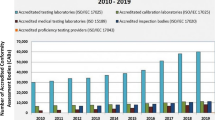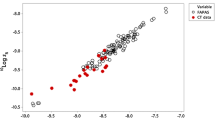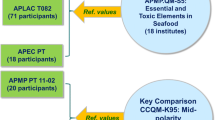Abstract
The primary objective of proficiency testing (PT) is in the provision of information and support to participating laboratories, to enable them to monitor and improve the quality of their measurements. However, other benefits can be obtained from PT. These include the comparison of data for a given measurement by different methods, the validation of new methods, and the provision of information for laboratories' customers and accreditation bodies. This paper considers the subject of method comparison, and highlights some of the approaches which can be followed, as well as the practical use to which this can be put, to benefit the analytical community more widely. This is illustrated by a case study concerning the measurement of haze in beer. In this study the United Kingdom Institute of Brewing (IoB) conducted a survey of participants in the Brewing Analytes Proficiency Scheme (BAPS). From the survey data taken together with data from the BAPS scheme, the IoB is now in a position to give guidance on the use of particular instruments and procedures, as well as consider changes to the scope of the BAPS scheme to provide greater benefits for participants concerned with measuring haze.
Similar content being viewed by others
Author information
Authors and Affiliations
Additional information
Received: 3 March 1998 · Accepted: 9 June 1998
Rights and permissions
About this article
Cite this article
Boley, N. Benefits arising from proficiency testing schemes: The comparison of analytical methods. Accred Qual Assur 3, 459–461 (1998). https://doi.org/10.1007/s007690050285
Issue Date:
DOI: https://doi.org/10.1007/s007690050285




